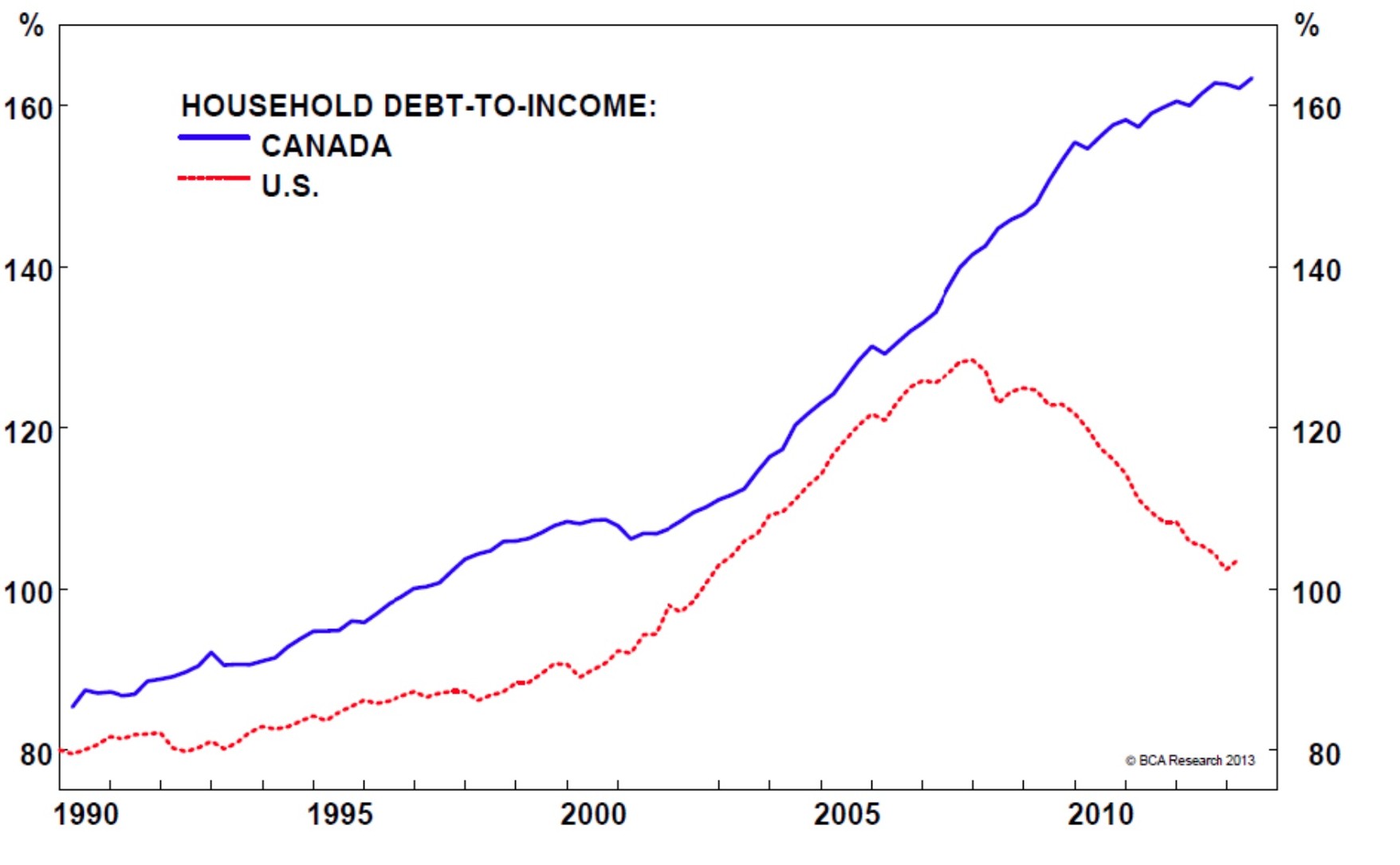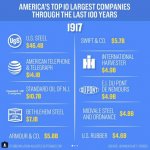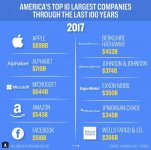Report highlights:
China and the United States jockey for top honors while Germany holds firm
China is the most competitive manufacturing nation…for now:
Consistent with the previous 2010 and 2013 Global Manufacturing Competitiveness Index studies, China is again ranked as the most competitive manufacturing nation in 2016, but is expected to slip to second position as global executives provide their perspective on how the next five years will play out.
The United States is expected to take over the number one position from China by the end of the decade while Germany holds firm at number three:
The US continues to improve its ranking from 4th in 2010 to 3rd in 2013 to 2nd in this year’s study. Moreover, executives expect the US to assume the top position before the end of the decade while Germany holds strong and steady at the number three position now through the end of the decade.
Shifting dynamics among global manufacturing nations
CEOs say advanced manufacturing technologies a key to unlocking future competitiveness: As the digital and physical worlds converge within manufacturing, executives indicate the path to manufacturing competitiveness is through advanced technologies.
Shift to higher value, advanced manufacturing tilts the advantage to developed nations in the future:
As the manufacturing industry increasingly applies more advanced and sophisticated product and process technologies and materials, traditional manufacturing powerhouses of the 20th century (i.e. the United States, Germany, Japan, and the United Kingdom) are back toward the very top of the 10 most competitive nations in 2016.
Two regional clusters of strength emerge:
Out of the top 10 manufacturing competitive nations, two regions, North America and Asia Pacific dominate the competitive landscape. All three North American countries in the top 10 today and are expected to remain in the top 10 ranking five years from now. As many as five Asia Pacific nations (China, Japan, South Korea, Taiwan and India) are expected to factor in the top 10 by 2020, leaving only two spots remaining for Germany and the United Kingdom to represent Europe in the top 10.
BRIC breaks down:
Of the BRIC countries (Brazil, Russia, India and China), only China is viewed by executives as a top manufacturing nation in 2016. The other three BRIC nations have experienced a decline in their rankings over the last few years.
The rise of the “Mighty Five":
The five Asia-Pacific nations of Malaysia, India, Thailand, Indonesia and Vietnam (MITI-V or the “Mighty Five”) are expected to be included into the top 15 nations on manufacturing competitiveness over the next five years.












